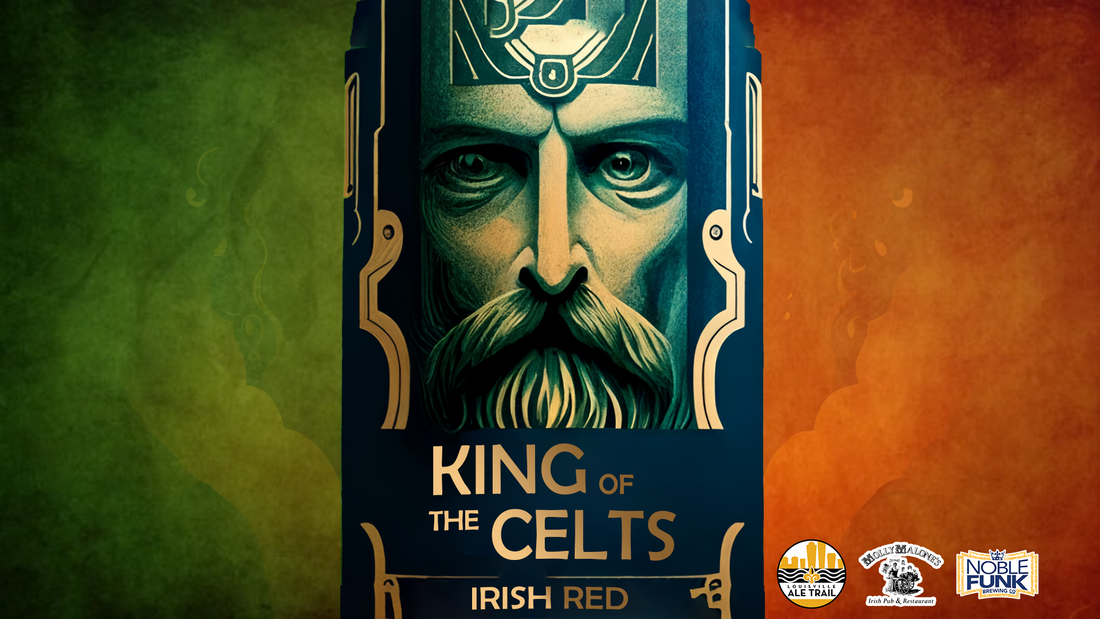|
Chances are you've heard of the Irish Red Ale. This classic beer style is known for its smooth, malty flavor and reddish-brown color (which just so happens to, kind of, match the color of the Irish flag). But have you ever wondered how this beer came to be? Well, grab a pint and let's take a trip back in time.
Legend has it that the Irish Red Ale was first created in the 18th century as a way to please Irish beer drinkers who had a sweet tooth. The English Pale Ale, which was popular at the time, just wasn't cutting it for these folks. So, Irish brewers decided to take matters into their own hands and create a beer that was a bit sweeter and maltier. And thus, the Irish Red Ale was born. Fast forward a few centuries, and the Irish Red Ale made its way to America. Craft breweries like Boston Beer Company and Killian's Irish Red began brewing their own versions of the style, which quickly gained popularity among beer lovers. It's not hard to see why – the beer was a refreshing departure from the light, fizzy lagers that had dominated the American beer market for years. Now, you might be wondering what the Irish Red Ale has to do with St. Patrick's Day. After all, it's not a beer that is necessarily widely consumed in Ireland on the holiday. But here's a little-known fact: the Irish Red Ale's association with St. Patrick's Day in America actually has nothing to do with its flavor or color. It's all about marketing, baby! See, in the 1990s, the folks at Anheuser-Busch decided to launch a St. Patrick's Day marketing campaign for their Killian's Irish Red beer. The campaign was a huge success, and it helped to cement the Irish Red Ale's place in the pantheon of St. Patrick's Day beers. Whether you're celebrating St. Patrick's Day or just enjoying a pint with friends, take a moment to appreciate the sweet, malty goodness of this classic brew. And hey, if you happen to be wearing a green shirt, even better! Sláinte! - John Ronayne PS: In Louisville and need a new Irish Red to try? Stop by Noble Funk Brewing or Molly Malone's and try King of The Celts, our most recent collaboration beer.
0 Comments
Leave a Reply. |

 RSS Feed
RSS Feed